This post is dedicated to everything you want to know about vitamin B12 and why it's essential to your life.
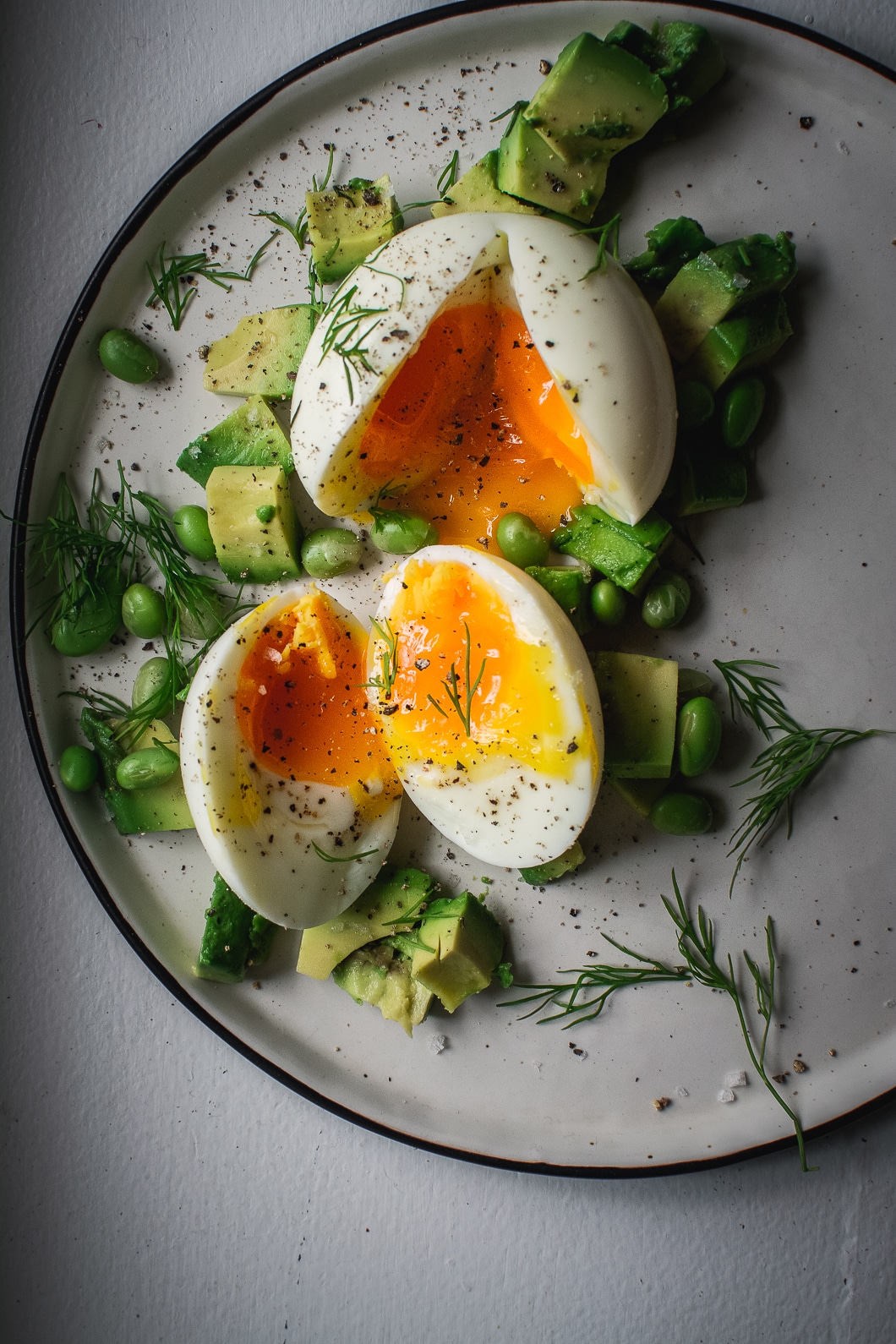
Being informed about individual nutrients is important but thinking of them in a vacuum won't provide much benefit unless they work in synergy with other nutrients.
But one nutrient in particular that's caught my attention recently is vitamin B12. Though most of us have heard about this vitamin, I don't think we really understand the severity of vitamin B12 deficiency. When we go about our daily life, exhausted, anxious and depressed with brain fog hanging heavily over us, we don't necessarily think about vitamin B12 as being a missing piece.
Our ancestors did not have access to perfectly cut chicken tenders, ready for cooking. So when meat was available, they would eat the entire animal - literally head to tail. While I know most of us cringe at the thought of organ meats, that's precisely where all the nutrients lie. I'll get to that in a little but first, let's go back to why vitamin B12 is so important.
What is vitamin B12
Vitamin B12 is an essential water-soluble vitamin. It is not produced by the body and therefore has to be obtained from food or supplementation. It's required for the formation of red blood cells, the synthesis of DNA as well as proper neurological function.
Why is vitamin B12 important
Vitamin B12 is responsible for everything from proper digestion to mood stabilization, skin health, memory, warding off anemia, energy levels, skin and nail health and many others.
What can hinder vitamin B12 absorption
One bit I found interesting is that some conditions can actually affect the absorption of vitamin B12 so even though one thinks they may be getting the proper amount, there may be underlying reasons that lead to deficiency.
-
Age - As we age, the absorption of vitamin B12 is greatly reduced especially for individuals over 50.
-
IBD (Inflammatory Bowel Disease) Crohn's and Celiac disease are contributing factors to improper absorption.
-
Leaky gut also known as intestinal permeability where the cells of the gut lining no longer provide a barrier to keep materials passing through the gut from entering the body.
-
Gastric bipass surgery can also affect vitamin B12 absorption.
-
Reduced gastric acid - In order for vitamin B12 to be absorbed, the stomach has to produce sufficient acid. This particularly affects the older population and those on stomach acid blocking drugs.
Symptoms of vitamin B12 deficiency
The symptoms of vitamin B12 deficiency may not always be obvious but a simple test from your doctor would easily determine if you're at risk. Here are some of the most common symptoms experience.
-
numbness or tingling in hands and feet
-
brain fog
-
impaired memory
-
fatigue
-
difficultly walking
-
digestive issues such as cramps, diarrhea and nausea
-
heart palpitations
-
dizziness
-
pernicious anemia (a decrease in red blood cells when the body can't absorb vitamin B12)
-
bleeding gums
-
jaundice
-
muscle pain and weakness
-
mood changes
-
anxiety and depression
The good news is that most of these symptoms can easily be corrected at any time with proper nutritional support.
Benefits of vitamin B12
-
Decreased depression symptoms - consuming foods rich in vitamin B12 in conjunction with folate rich foods has had a positive effect on those suffering from depression. There appears to be a direct link between low levels of vitamin B12 and depression.
-
Mood stabilizing - increasing the intake of vitamin B12 can drastically affect mood and anxiety disorders. B vitamins, (particularly vitamin B12) are part of the neurotransmitter production process that are involved in mood stabilization.
-
Increased energy levels - vitamin B12 plays a role in the production of DNA for new cells and the conversion of food into energy. One of the biggest side effects of pernicious anemia, as a result of vitamin B12 deficiency is fatigue.
-
Improved memory - a review on the relationship between vitamin B12 and cognitive impairment shows that low levels of vitamin B12 may be associated with Alzheimer's disease, Parkinson's and dementia. "There is a small subset of dementias that are reversible with vitamin B12 therapy and this treatment is inexpensive and safe."
-
Eczema support - some recent research has emerged showing that using vitamin B12 topically can help reduce symptoms of eczema. Though the study was conducted in children, it's certainly worth trying on either your child or yourself. Other beneficial resources for treating eczema are suggested here.
Sources of vitamin B12
When it comes to getting bang for your buck, clams and liver definitely top the charts. If you consume clams and/or liver just once a week, you will most certainly stave off Vitamin B12 deficiency without needing to supplement.
-
Clams - 20 small (3131% RDA)
-
Liver (beef and chicken) - 3oz (3,375% RDA)
-
Canned Tuna - 3 oz (153% RDA)
-
Salmon - ½ fillet (106% RDA)
-
Trout - 1 fillet (76% RDA)
-
Beef - 3 oz (36% RDA)
-
Milk - 8 oz (18% RDA)
-
Eggs - 1 large (10% RDA)
-
Chicken breast 1 cup diced - (8% RDA)
Supplementing with vitamin B12
I realize the above mentioned foods are not vegan friendly and only two are vegetarian friendly. If this is the case for you, I highly recommend that you look into supplementation. "A common myth amongst vegetarians and vegans is that it’s possible to get B12 from plant sources like seaweed, fermented soy, spirulina and brewers yeast. But plant foods said to contain B12 actually contain B12 analogs called cobamides that block intake of and increase the need for true B12."
The great thing about vitamin B12 is that it's water soluble and similarly to vitamin C, if you take more than your body needs, you will just pee it out so there is little safety concern. Though I will say, as always, if you're pregnant or nursing, please consult your doctor or midwife before supplementing.
So whether you're vegan, vegetarian or simply don't feel like you're able to consume the adequate amount of B12 foods, here are some supplements to help you reverse or prevent vitamin B12 deficiency.

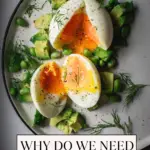
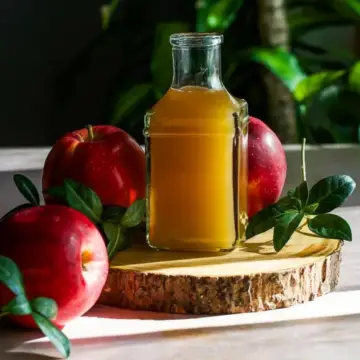
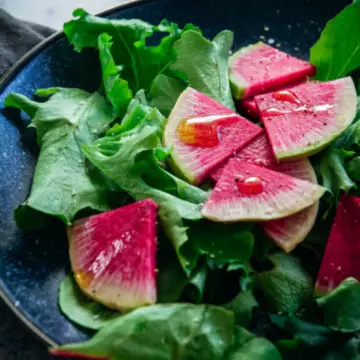
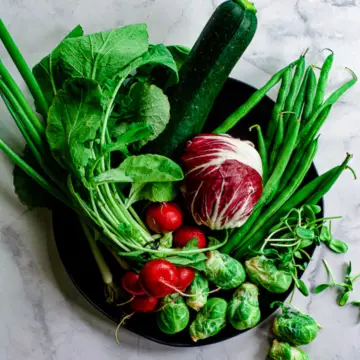
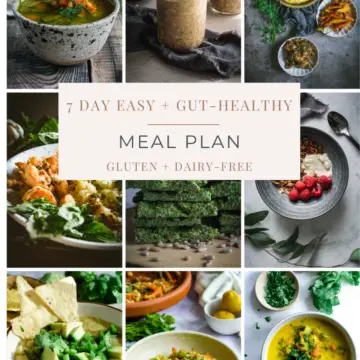
linda spiker
I never knew all this! Very informative. As always!
Daniela Modesto
Thank you so much, Linda! I'm happy you thought so!